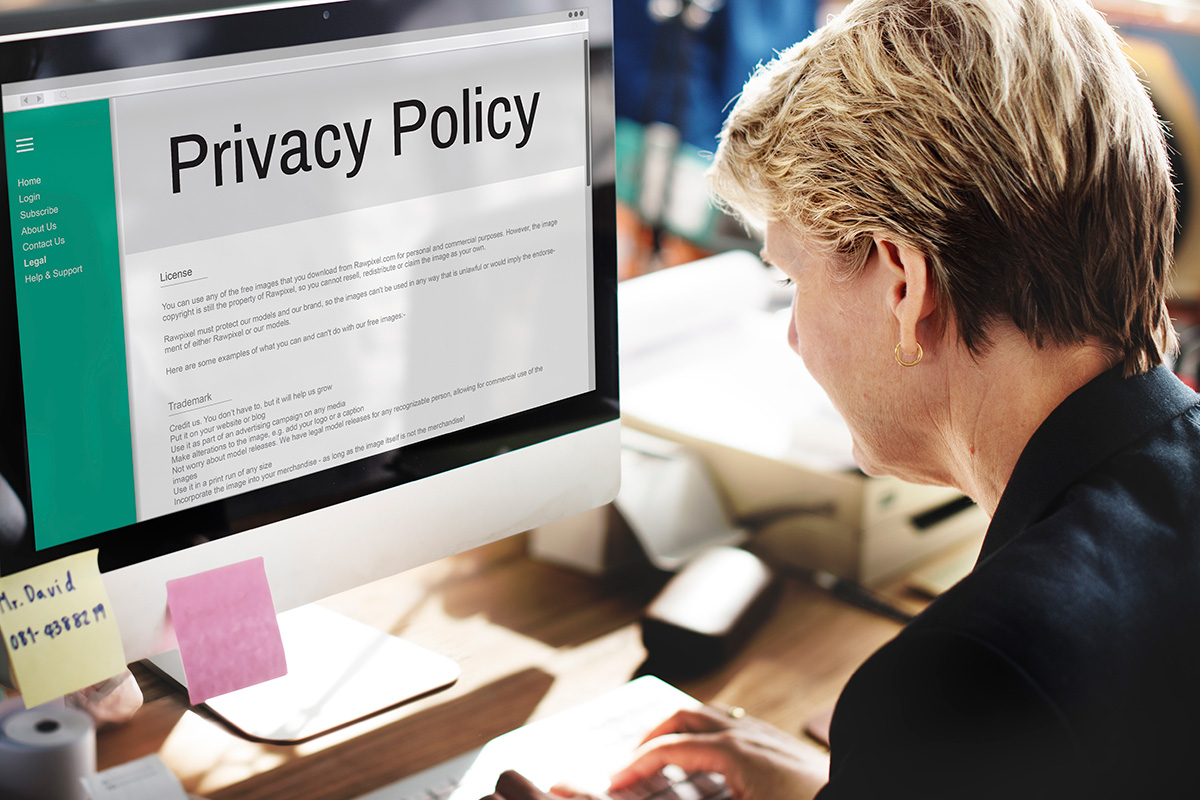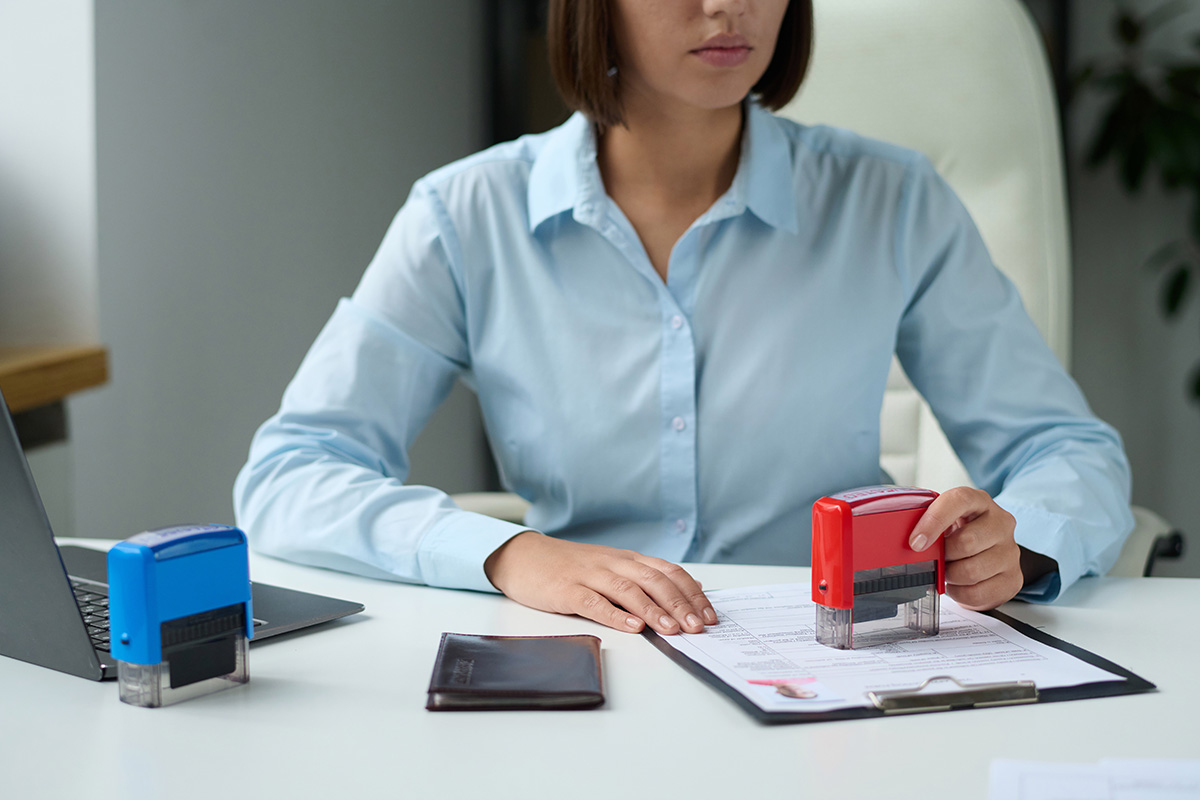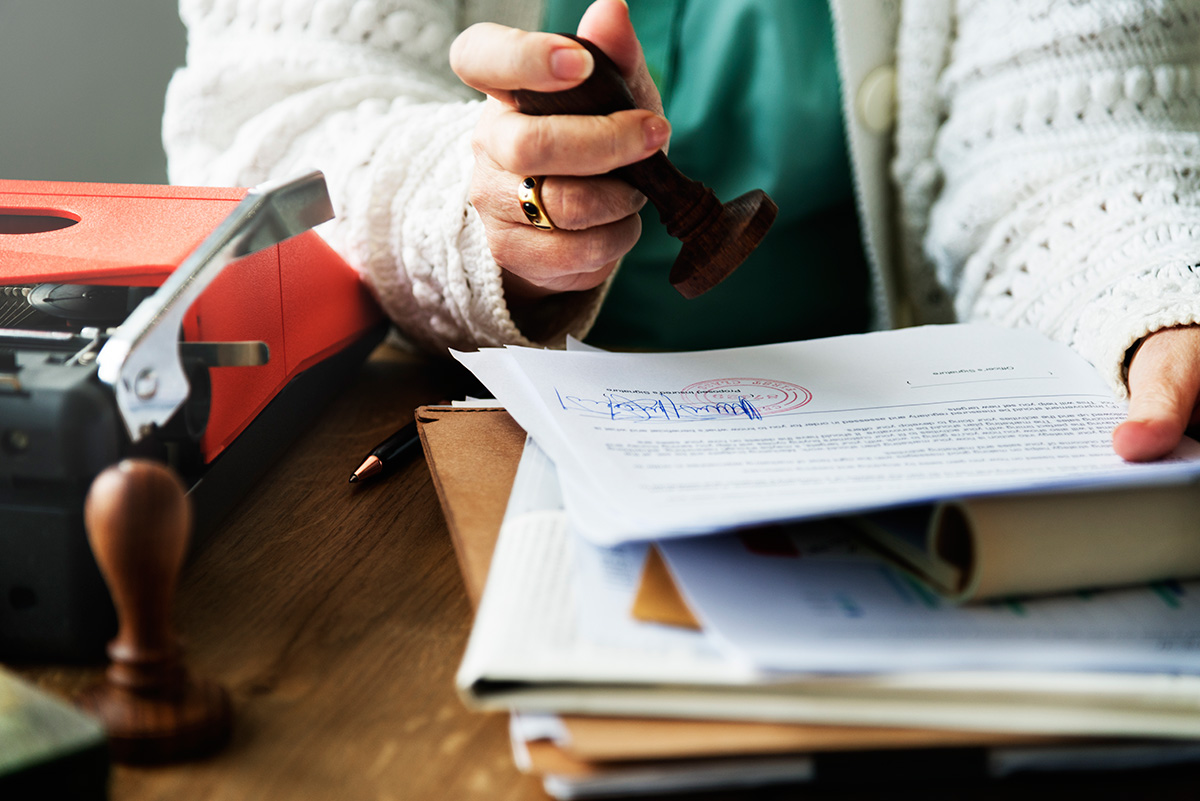
Avoiding Notary Scams: A Guide to Safe and Secure Document Signing
In today’s digital age, notary services are more accessible than ever. Whether you’re closing on a house, signing a power of attorney, or executing a will, notarization is essential to verify the authenticity of legal documents. Unfortunately, where there’s legal necessity and personal information involved, scammers see opportunity.
Table Of Content
- What Is a Notary Public?
- Common Notary Scams to Watch Out For
- 1. Fake Notaries
- 2. Notario Fraud
- 3. Document Forgery
- 4. Online Impersonation Scams
- Real-Life Consequences of Notary Fraud
- How to Identify a Legitimate Notary
- ✅ Check Credentials
- ✅ Review the Document Process
- ✅ Confirm State Authorization for Remote Notarization
- Spotting the Difference – Real vs. Fake Notary
- Tips to Protect Yourself from Notary Scams
- 1. Use Trusted Sources
- 2. Do Your Homework
- 3. Avoid Sharing Sensitive Info Online
- 4. Don’t Fall for Pressure
- 5. Get a Receipt and a Copy
- What to Do If You Suspect Fraud
- Final Thoughts
Fake notaries and fraudulent document schemes are on the rise, especially with the growing popularity of remote and mobile notary services. Understanding how notary scams work and how to avoid them is critical to protect your identity, money, and legal interests.
What Is a Notary Public?
A notary public is an individual authorized by the state to witness the signing of legal documents and administer oaths. Their role is to:
- Confirm the identity of the signer
- Ensure the signer understands the document
- Deter fraud by maintaining an impartial witness record
Most notaries work honestly and professionally. But, like any trusted service, a small number of bad actors can cause major harm.

Common Notary Scams to Watch Out For
Understanding how scams happen is the first step toward avoiding them. Here are the most common notary scams:
1. Fake Notaries
Some scammers pose as notaries without having proper licensing. They may offer services online or show up in person, often charging high fees without legal authority.
Warning signs:
- No official notary stamp or identification
- Refusal to show credentials
- Inconsistent pricing or vague services
2. Notario Fraud
In many Latin American countries, a “notario” is a legal expert. In the U.S., however, a notary public is not a lawyer. Immigrants may mistakenly trust “notarios” for legal advice and end up scammed or misrepresented.
3. Document Forgery
Fraudsters may alter documents after notarization or forge signatures and stamps. This is particularly dangerous in real estate transactions, estate planning, or business deals.
4. Online Impersonation Scams
With the rise of remote online notarization (RON), some scammers set up fake websites pretending to be legitimate online notaries. Victims may upload sensitive personal information, which is later used for identity theft.
Real-Life Consequences of Notary Fraud
Notary scams can have serious consequences, including:
- Identity theft and financial fraud
- Invalid contracts or property transfers
- Deportation or legal complications in immigration cases
- Criminal charges for unknowingly using forged documents
These outcomes can affect individuals, families, and businesses alike. That’s why vigilance is key.
How to Identify a Legitimate Notary
Follow these steps to verify a notary’s authenticity:

✅ Check Credentials
- Ask to see the notary’s official commission certificate, state-issued ID, and notary stamp.
- Verify their status via your state’s Secretary of State website or licensing board.
✅ Review the Document Process
- A legitimate notary will always:
- Require a valid government-issued ID
- Witness the signing in person or via approved video conferencing
- Keep a record in a notary journal
✅ Confirm State Authorization for Remote Notarization
- Not all states allow online notarization. Make sure the service is authorized in your state and the notary uses secure platforms compliant with state laws.
Spotting the Difference – Real vs. Fake Notary
| Feature | Legitimate Notary | Scammer / Fake Notary |
|---|---|---|
| ID and license available | Always provides on request | Refuses or avoids showing proof |
| Uses notary stamp & journal | Yes, as per law | Often missing or forged |
| Verifies your ID | Always checks a valid photo ID | May skip or accept photocopies |
| Provides receipt | Transparent with fees and documentation | Vague pricing or no receipt |
| State registry verification | Name appears in state notary registry | No listing found |
Tips to Protect Yourself from Notary Scams
Here are actionable ways to ensure your notarizations are safe and secure:
1. Use Trusted Sources
Only use notaries from:
- Banks or law offices
- Official government sites
- Verified online platforms like Notarize, DocuSign, or state-approved RON providers
2. Do Your Homework
- Look up reviews and ratings before hiring a notary.
- Confirm their commission is still valid and not expired.
3. Avoid Sharing Sensitive Info Online
Never upload IDs, financial data, or legal documents to unknown or unverified websites.
4. Don’t Fall for Pressure
Scammers often rush victims to act. A legitimate notary will not pressure you into immediate decisions or avoid answering questions.
5. Get a Receipt and a Copy
After notarization, ask for:
- A receipt of services
- A copy of the notarized document for your records
What to Do If You Suspect Fraud

If you believe you’ve encountered a fake notary or fallen victim to a scam:
- Report it immediately to your state’s Secretary of State or notary licensing board
- File a complaint with the Federal Trade Commission (FTC)
- Contact your bank or financial institutions if personal information was shared
- Monitor your credit and consider placing a fraud alert
Final Thoughts
Notarization is an essential part of many life-changing transactions — from buying homes to signing medical directives. While most notaries act with integrity, scammers prey on the vulnerable and uninformed.
By understanding how notary scams operate and how to identify legitimate services, you can sign with confidence, protect your identity, and ensure your documents are legally binding.
Remember: A few minutes of due diligence can save you from months of legal and financial headaches.


